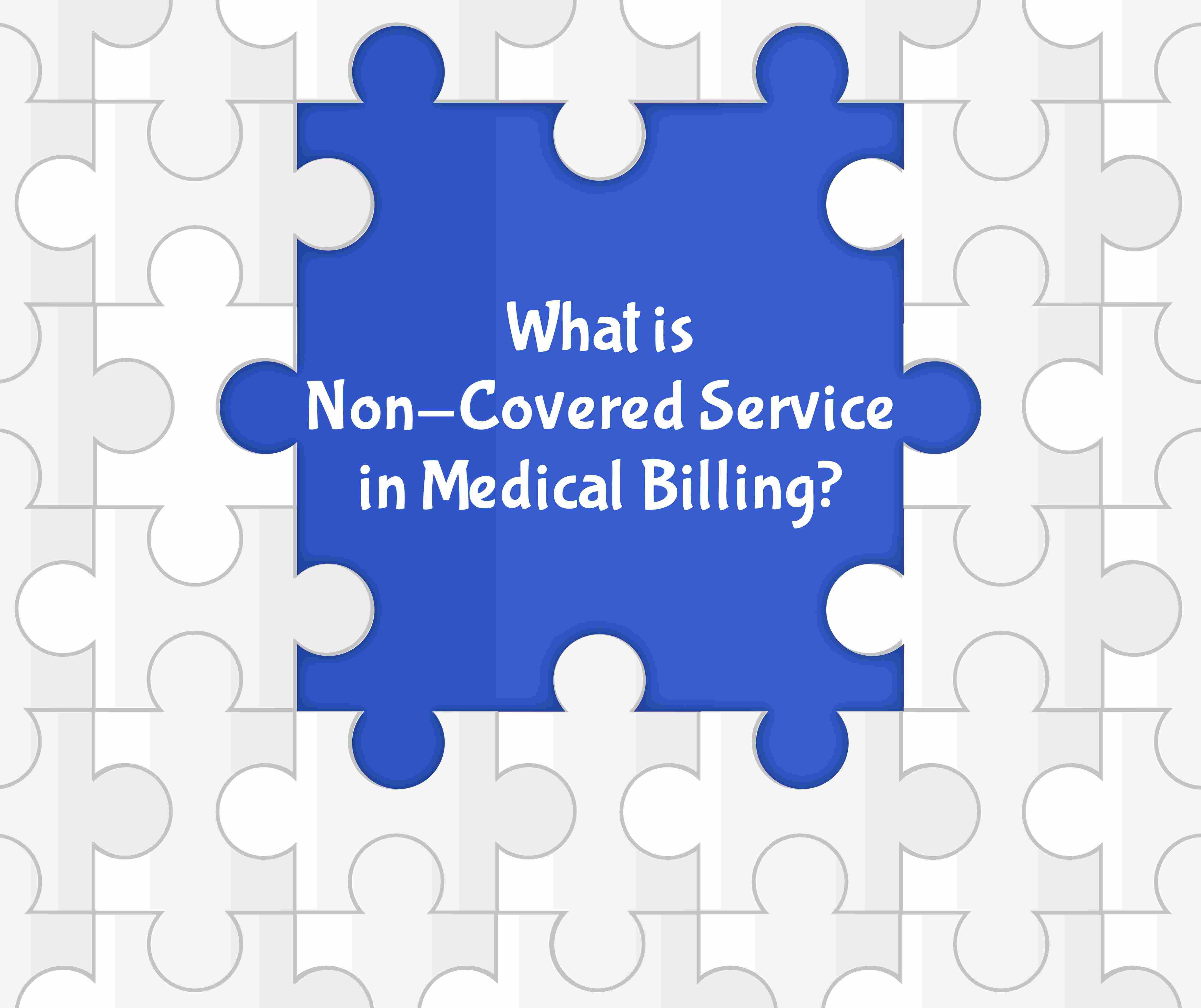 info@rcmmastersacademy.com
info@rcmmastersacademy.com

Medical billing is a complex process that involves numerous procedures, codes, and rules. One of the essential components of medical billing is understanding what is covered and what is not covered by the insurance company. Non-covered services are those medical procedures, tests, or treatments that are not covered by the patient's insurance plan.
Non-covered services may arise due to various reasons, including but not limited to the following:
1. Exclusions in the insurance policy: Insurance plans have limitations on what they will cover, and these limitations are often outlined in the policy documents.
2. Medical necessity: The medical procedure or treatment may not be considered medically necessary, as determined by the insurance company.
3. Experimental or investigational procedures: Insurance companies may not cover experimental or investigational procedures or treatments, which are still in the testing stage.
4. Administrative errors: Sometimes, non-covered services may arise due to errors in the billing process or other administrative issues.
5. Provider's discretion: A medical provider may determine that a particular procedure or treatment is not necessary for the patient's health, even though it may be covered by the insurance plan.
It is crucial to understand what services are covered by the insurance plan to avoid any unexpected medical bills. However, it is equally important to be aware of non-covered services and their implications.
What are the implications of non-covered services?
Non-covered services may have several implications for patients, providers, and insurance companies. Here are some of the most common implications:
1. Financial burden on patients: If a patient receives a non-covered service, they may be responsible for paying the entire cost of the service out of pocket. This can be a significant financial burden, especially if the service is costly.
2. Disputes between patients, providers, and insurance companies: Non-covered services can lead to disputes between patients, providers, and insurance companies, as each party may have different interpretations of what is covered by the insurance plan.
3. Delayed or denied treatment: If a patient requires a non-covered service, they may delay or even deny the treatment due to the financial burden or insurance limitations.
4. Impact on provider's revenue: Non-covered services can affect the revenue of medical providers, as they may not be reimbursed for services that are not covered by insurance.
How to avoid non-covered services?
To avoid non-covered services, patients can take the following steps:
1. Understand their insurance plan: Patients should review their insurance plan documents carefully to understand what services are covered and what services are not covered.
2. Check with their provider: Patients should check with their medical provider to ensure that the services they require are covered by their insurance plan.
3. Get pre-authorization: Patients can get pre-authorization from their insurance company for any services that are not explicitly covered by their plan.
4. Discuss alternatives with their provider: Patients can discuss alternative treatment options with their medical provider that may be covered by their insurance plan.
Non-covered services are an essential aspect of medical billing and can have significant implications for patients, providers, and insurance companies. Patients should be aware of what services are covered and what services are not covered by their insurance plan to avoid any unexpected medical bills. They can take several steps to avoid non-covered services, including understanding their insurance plan, checking with their provider, getting pre-authorization, and discussing alternative treatment options.
You can enroll for our Online Medical Billing Training here: